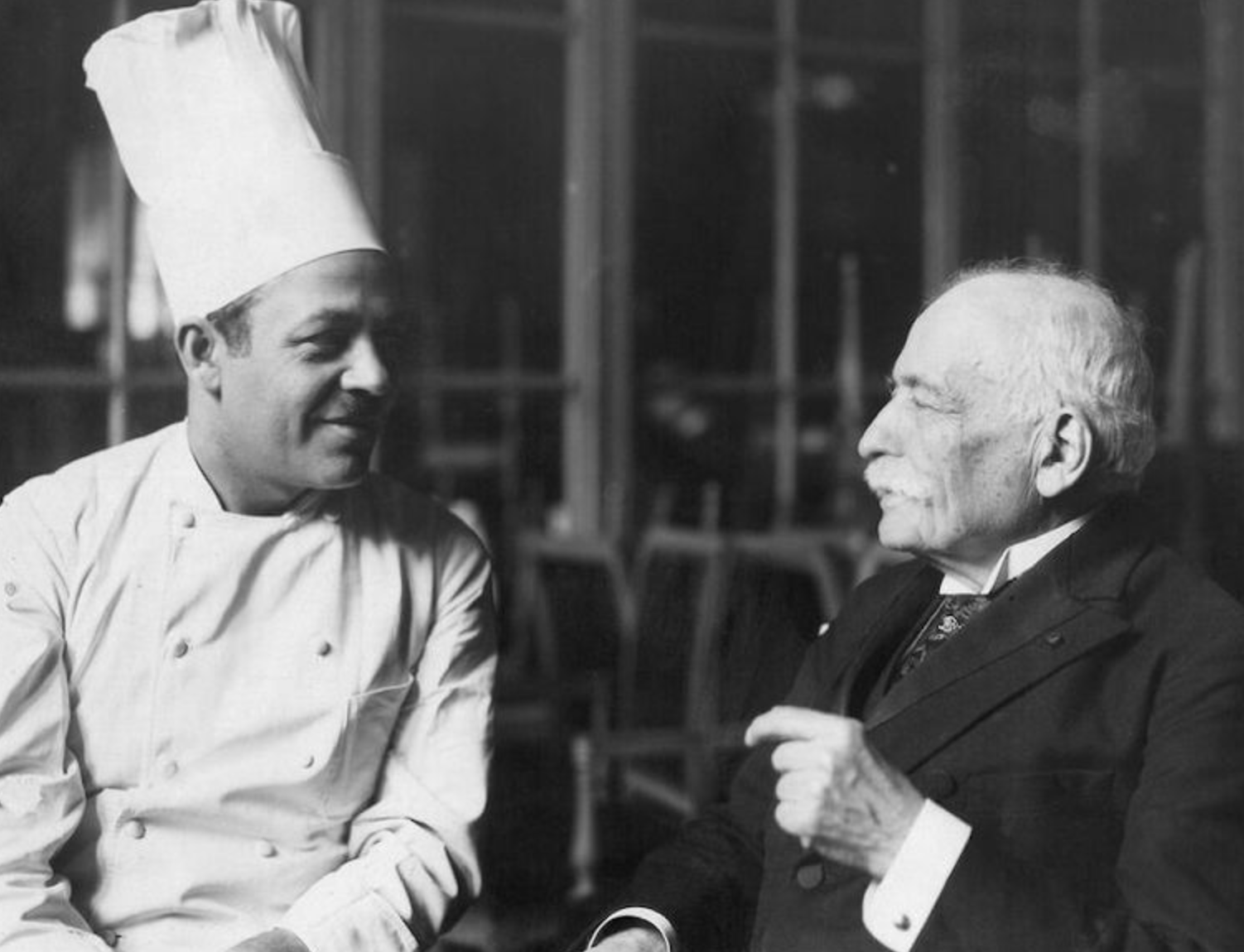Age Discrimination in the Culinary World: The Case of a 58-Year-Old Executive Chef
In an industry that prides itself on innovation, creativity, and tireless work, chefs are often viewed as culinary artists capable of transforming simple ingredients into memorable experiences. Yet, the hospitality and restaurant sectors, known for their relentless pace, can sometimes be unforgiving. The 58-year-old executive chef who finds his career threatened not by skill, talent, or dedication but by ageism raises important questions about the future of seasoned professionals in the culinary world.
The Chef’s Journey
After decades of dedication to his craft, working in renowned kitchens across the globe, and leading culinary teams to success, the executive chef, now 58, finds himself at an unexpected crossroads. His resume speaks for itself: numerous awards, a deep understanding of global cuisines, big achievement in terme of revenue, and hotel culinary reputation, and a passion for mentoring the next generation of chefs. However, despite these qualifications, he faces a new hurdle: rejection based on his age.
Despite years of experience, all recent attempts to return to his role as an executive chef have been thwarted, with human resources (RH) departments dismissing his CV. The primary reason?
His age.
Ageism in the Kitchen
Ageism is a growing issue across industries, but in the high-pressure world of professional kitchens, it can be particularly acute. Hotel & Restaurants often prioritize youth, believing that younger chefs possess more energy and are better suited to endure the demanding physical nature of the job. This perception can overshadow the value of experience, wisdom, and leadership that seasoned chefs bring to the table.
For many chefs over 50, there is a fear of becoming obsolete. Despite their wealth of experience, innovative cooking techniques, and invaluable contributions to the culinary world, they may be passed over in favor of younger candidates. This age-related bias undermines the merit-based system that the culinary world strives to uphold.
The Dismissal of the CV
In this chef’s case, his resume reflects a lifetime of hard work and achievements. Yet, all his applications to prominent kitchens and five-star establishments have been dismissed without consideration.
While age can affect physical stamina, the role of an executive chef is not solely about running from station to station in the kitchen. It involves strategy, leadership, and creativity. The job entails managing staff, designing menus, overseeing food quality, and maintaining relationships with suppliers and customers. In these areas, experience is a powerful tool that younger chefs may lack.
The Need for Change
The culinary world needs to shift its perspective on age. Instead of viewing age as a limitation, it should be seen as a strength. Chefs like this 58-year-old professional possess a depth of knowledge that can only be acquired through decades of dedication to the craft. They have witnessed and shaped the evolution of the industry, adapting to new trends while preserving traditional culinary techniques.
Furthermore, seasoned chefs are natural mentors. In an industry that often struggles with high turnover rates and a shortage of skilled workers, the mentorship provided by experienced chefs can be invaluable. They can inspire and guide younger generations, teaching them not just how to cook but how to thrive in a notoriously challenging profession.
Looking Ahead
As the culinary industry continues to evolve, it must address age discrimination head-on. HR departments should adopt a more inclusive approach, recognizing that a chef’s worth cannot be reduced to their age. Instead, applications should be evaluated based on skill, experience, and potential contribution to the organization.
For this 58-year-old chef and many others like him, the journey is far from over. The kitchen is his home, and his passion for food remains undiminished. The hope is that the industry will come to recognize the value of experience and welcome seasoned chefs back into leadership roles where they belong.
In a world that celebrates diversity of thought, creativity, and skill, it is time to extend that inclusivity to chefs of all ages.

Laisser un commentaire